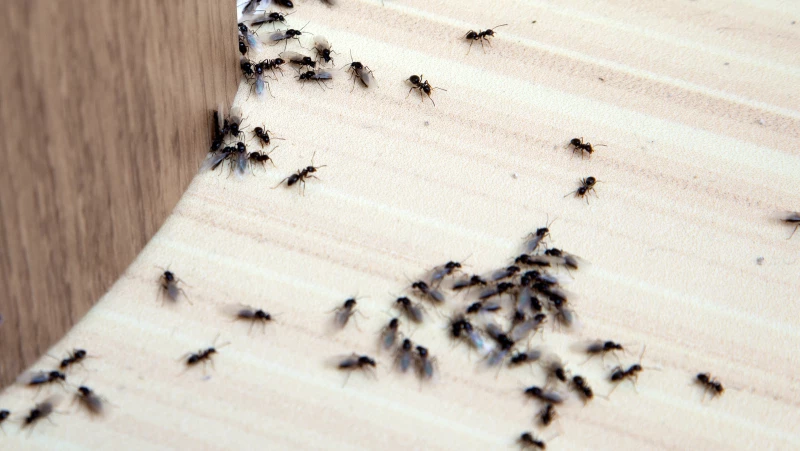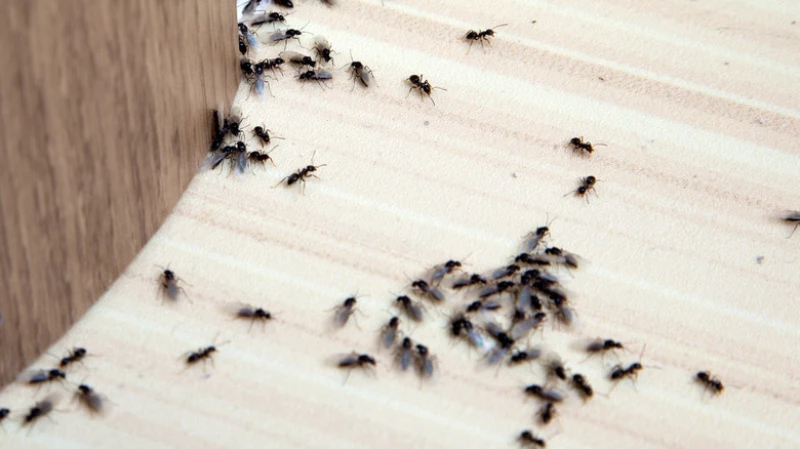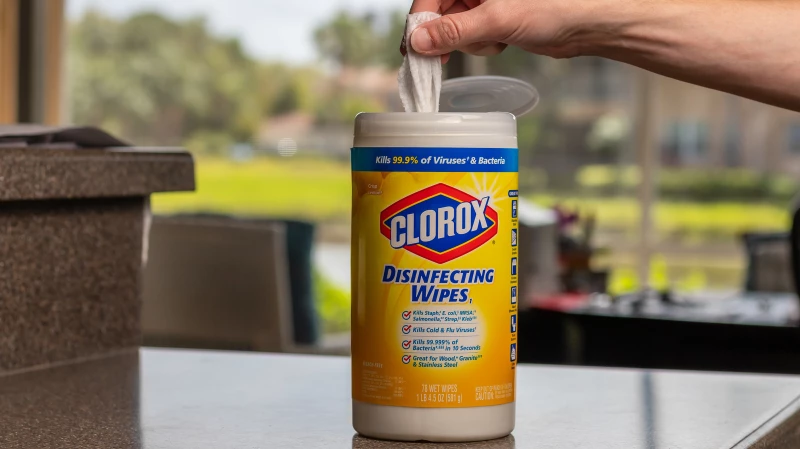Orthene Fire Ant Killer: The Solution to Your Pest Problems
Dealing with critters and pests in your home can be a constant struggle. Many products on the market fail to deliver the desired results. However, there's good news for homeowners concerned about pest problems. Ortho's Orthene is gaining popularity online for its effectiveness in eliminating pests. While it is primarily marketed as a fire ant killer, users have discovered that it works wonders against a wide range of bugs, including pesky roaches.
TikTok users are buzzing about Orthene and sharing their successful methods for dealing with roaches and ants. One popular approach involves sprinkling a few tablespoons of Orthene in areas where these pests are frequently seen. The next day, you'll find yourself sweeping them away. Another TikToker suggests a clever hack of mixing equal parts of sugar with Orthene to attract insects to it. Some users claim to have achieved great results by mixing the powder with water and using it as a spray solution. Let's take a closer look at what Orthene is and how it works.
Orthene Fire Ant Killer: A Popular Brand for Pest Control
Ortho's Orthene Fire Ant Killer is a well-known brand that offers effective pest control solutions. This brand is widely used in agriculture, gardens, and even in veterinary practices. The main ingredient in Orthene is acephate, which is an organophosphate insecticide. Organophosphates are chemicals used to kill various types of insects by either ingestion or direct contact.
Acephate, the active ingredient in Orthene, works by damaging acetylcholinesterase, an enzyme that controls nerve signals in the body. This enzyme is responsible for breaking down acetylcholine, a neurotransmitter that allows nerves to communicate with muscles and other parts of the body. By inhibiting acetylcholinesterase, acephate causes an increase in acetylcholine levels, leading to overactivity in the insects' nervous system. This overactivity eventually results in the death of the insects.
Interestingly, acephate itself is a weak cholinesterase inhibitor. However, when insects consume acephate, their bodies convert it into methamidophos, a more potent and toxic organophosphate insecticide. This conversion enhances the effectiveness of Orthene in eliminating pests.
Warnings and Precautions
While Orthene Fire Ant Killer is an effective pest control solution, it is important to use it with caution. It is advisable to follow the instructions provided by the manufacturer and take necessary precautions to ensure the safety of humans, pets, and the environment. As with any chemical product, it is recommended to wear protective clothing and avoid direct contact with the skin or eyes. Additionally, it is crucial to keep the product out of reach of children and store it in a safe place.
It is also worth noting that organophosphate insecticides, including Orthene, can have harmful effects on non-target organisms and the environment. Therefore, it is essential to use these products responsibly and consider alternative pest control methods whenever possible.
Overall, Orthene Fire Ant Killer is a popular choice for pest control due to its effectiveness in eliminating insects. However, it is important to prioritize safety and follow proper guidelines when using this product.
Orthene Pesticide Hazards
Orthene and other Orphene brands are commonly used to eliminate pests on outdoor fields, food crops, and ornamental plants. However, due to potential risks associated with indoor use, the US Environmental Protection Agency (EPA) has decided to discontinue its residential and lawn registrations. The label on Orthene explicitly states that it should only be used for mound treatments in home lawns and around ornamental plants, and any other use is considered a violation of federal laws.
Using Orthene indoors is not recommended for several reasons. Many users complain about its strong odor, and the insecticide poses hazards to both humans and pets. The label on Orthene mentions that acephate, the active ingredient, is a cholinesterase inhibitor in humans. The EPA also states that acephate can have the same effect on humans and animals, leading to overstimulation of the nervous system. Symptoms of exposure may include nausea, confusion, and dizziness. In high exposures, the pesticide can even cause respiratory paralysis and death.
Aside from the risks to humans and pets, Orthene also poses ecological hazards. The pesticide is toxic to birds, making it dangerous if birds frequently visit your lawn. The same applies to honey bees, which play a crucial role in our ecosystem. Fortunately, there are safer alternatives for indoor pesticide use. For example, diatomaceous earth is an effective solution for common houseplant pests. Additionally, a combination of onion and baking soda can naturally repel roaches.








